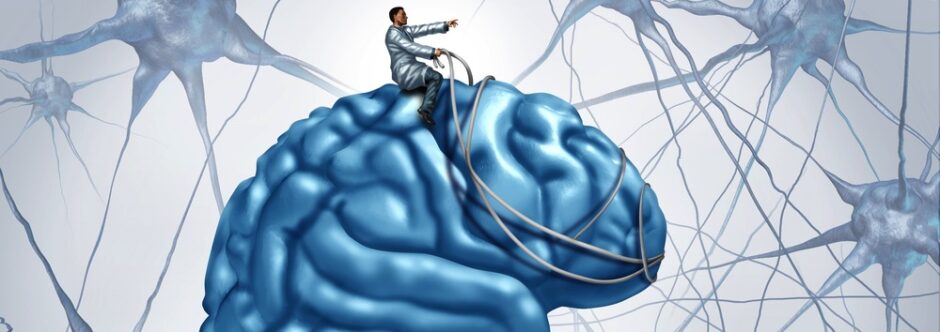It could be that although we have more potentials than a blade of grass, we have no more choice than a blade of grass in our own becoming. For the most part, our lives unfold mechanistically. Our hearts beat, oxygen circulates, our cells divide, our neurons fire and all sorts of processes happen without any conscious engagement. It is also the case that what we think, feel and do is largely automated. Our circumstances, personality and conditioning set the stage and we may be but performers in our specified roles. So said Shakespeare: “All the world’s a stage, and all the men and women merely players. They have their exits and their entrances; And one man in his time plays many parts.” (As you Like It, 1590)
There are very many intelligent arguments that refute the notion of free will. Our understanding of the workings of the brain readily allows us to identify parts of the brain, the frontal lobes of the neocortex, which performs functions related to choice, impulse control, decision-making, and problem-solving without needing to claim some sort of superior ability that transcends the machine. Furthermore, the arguments by those who try to establish the possibility of free will are not convincing. If you strip away all the parts of wanting to believe in free will, then the evidence stacks up against the notion that we actually can make independent choices. The arguments against the notion of free will are unfortunately solid.
